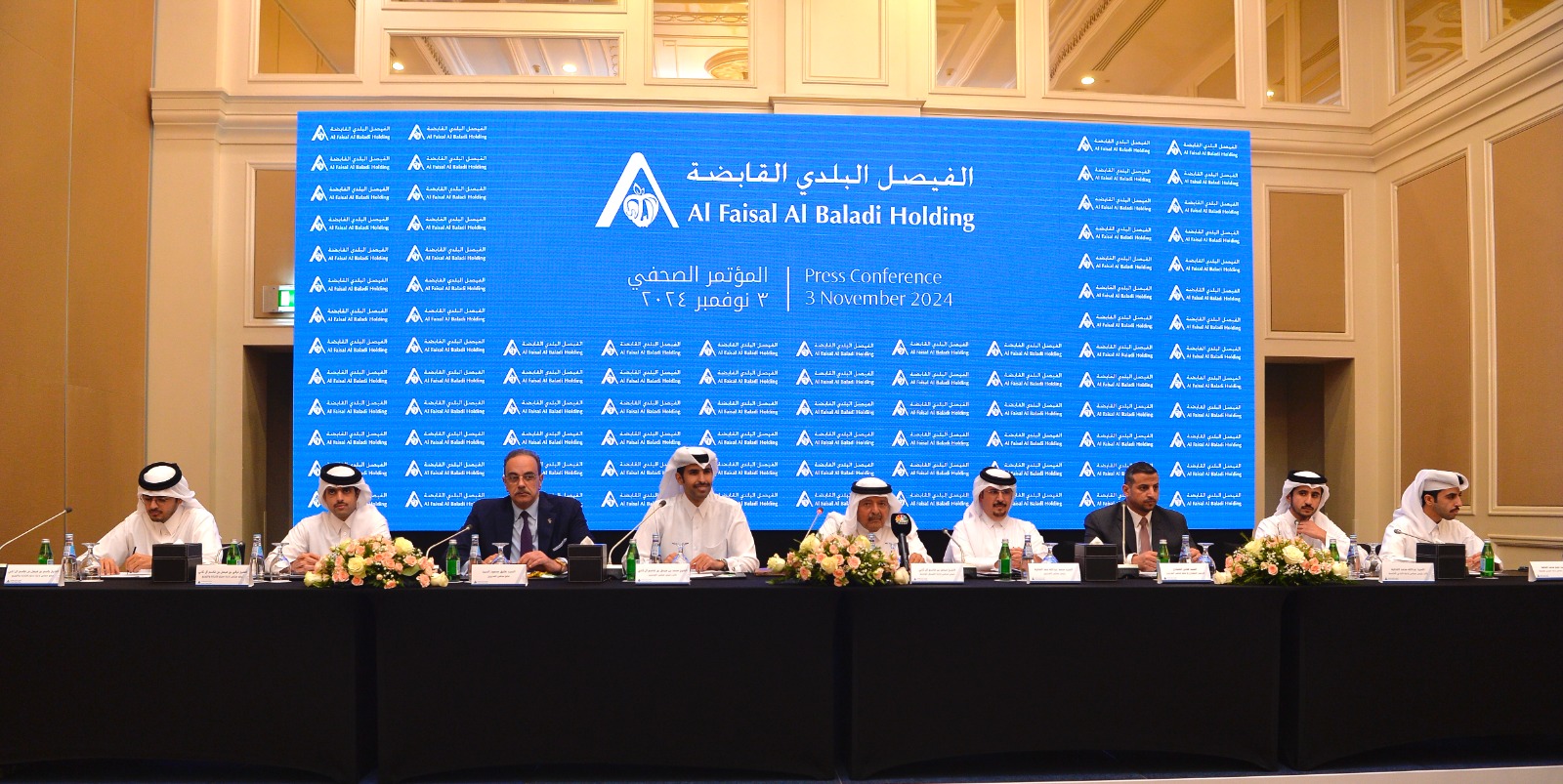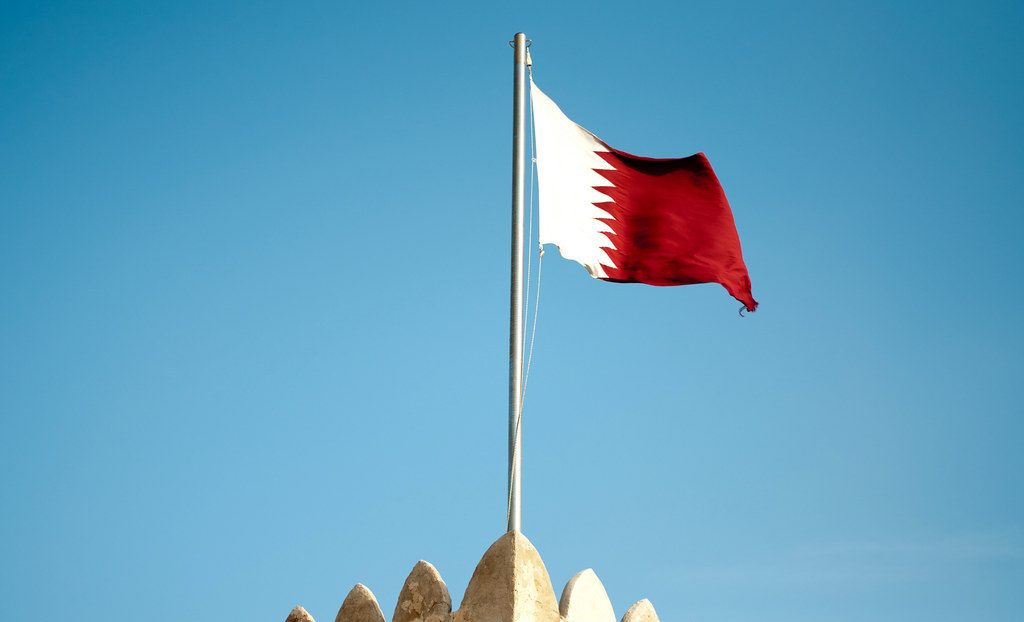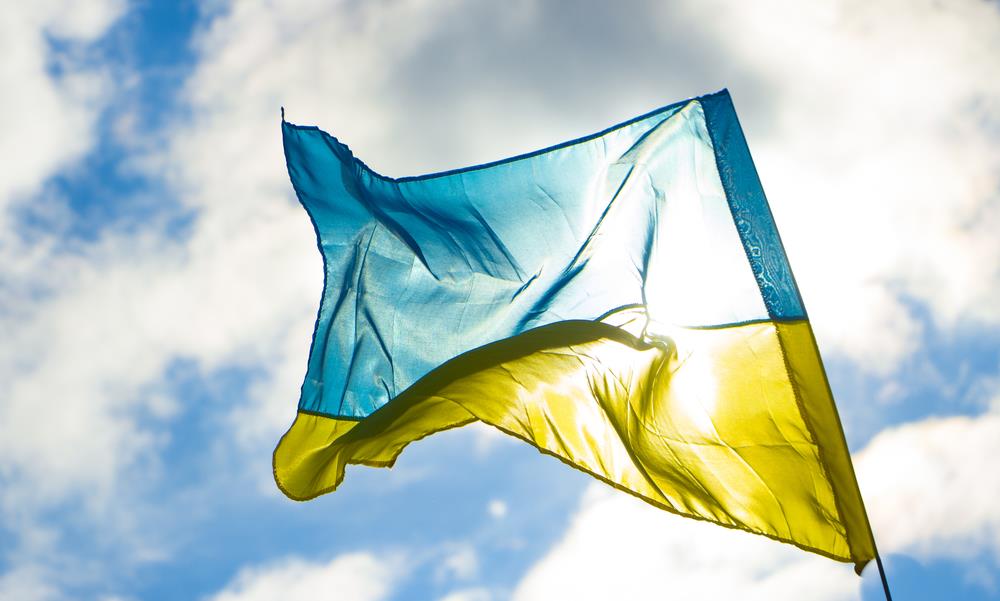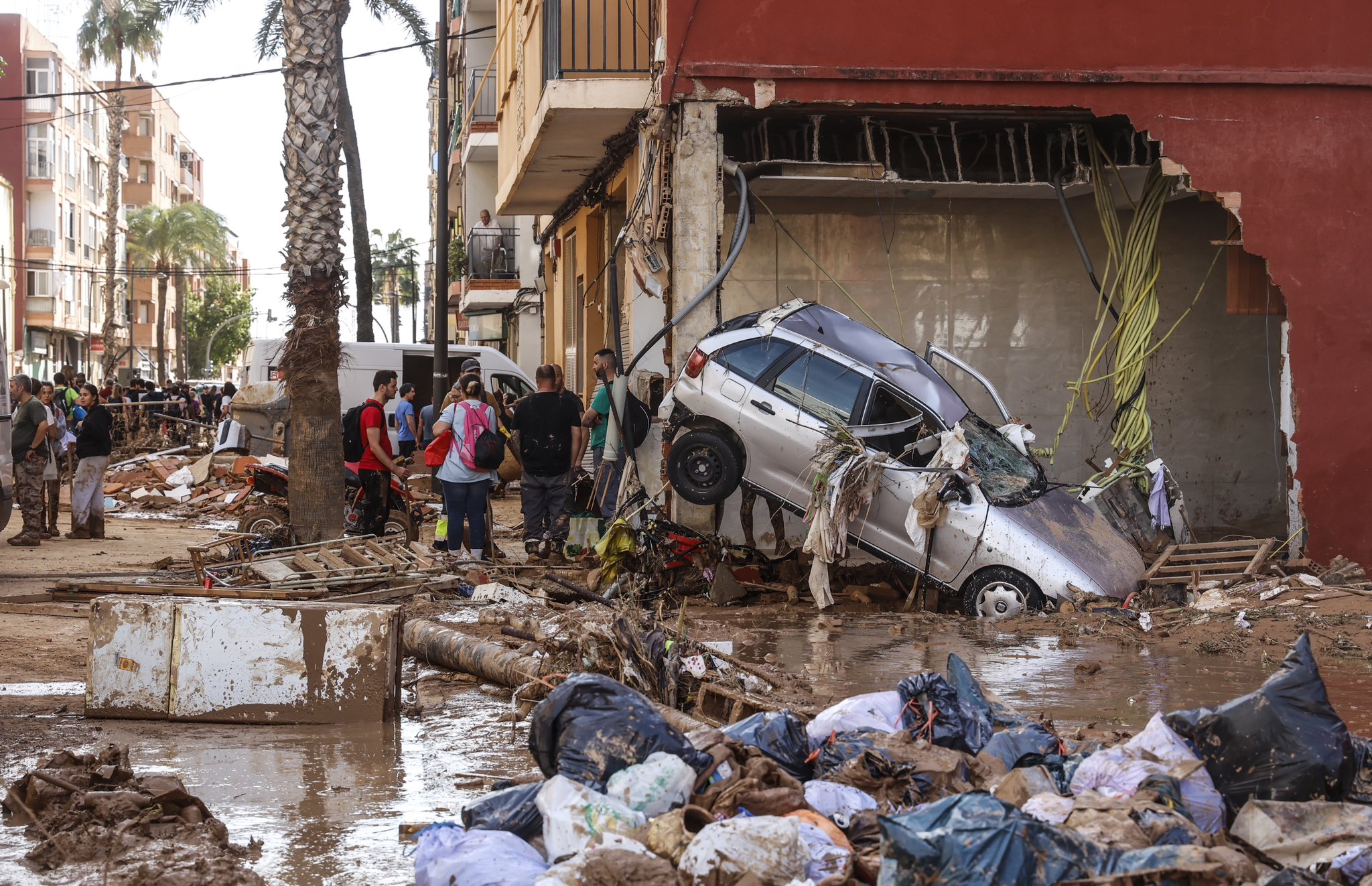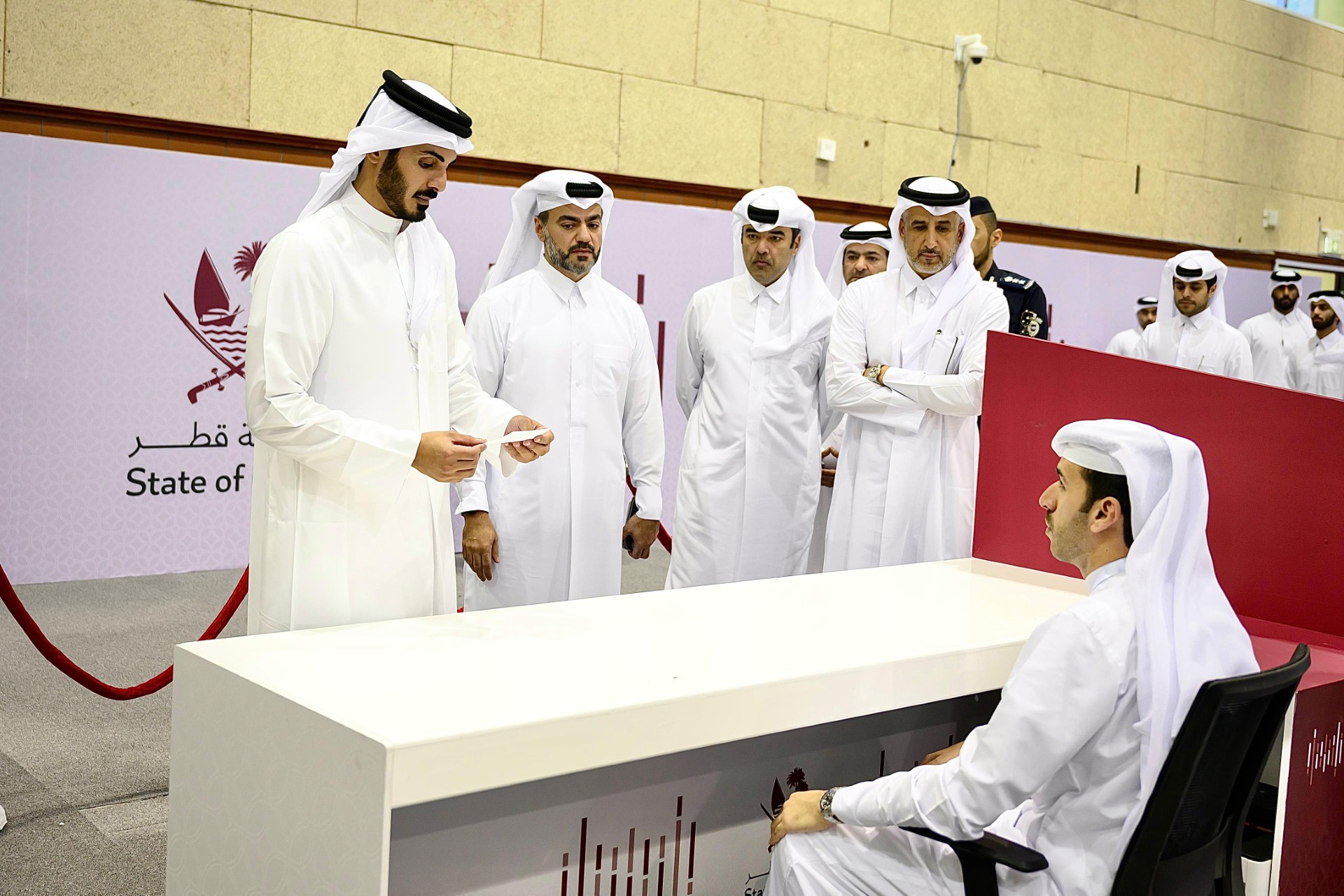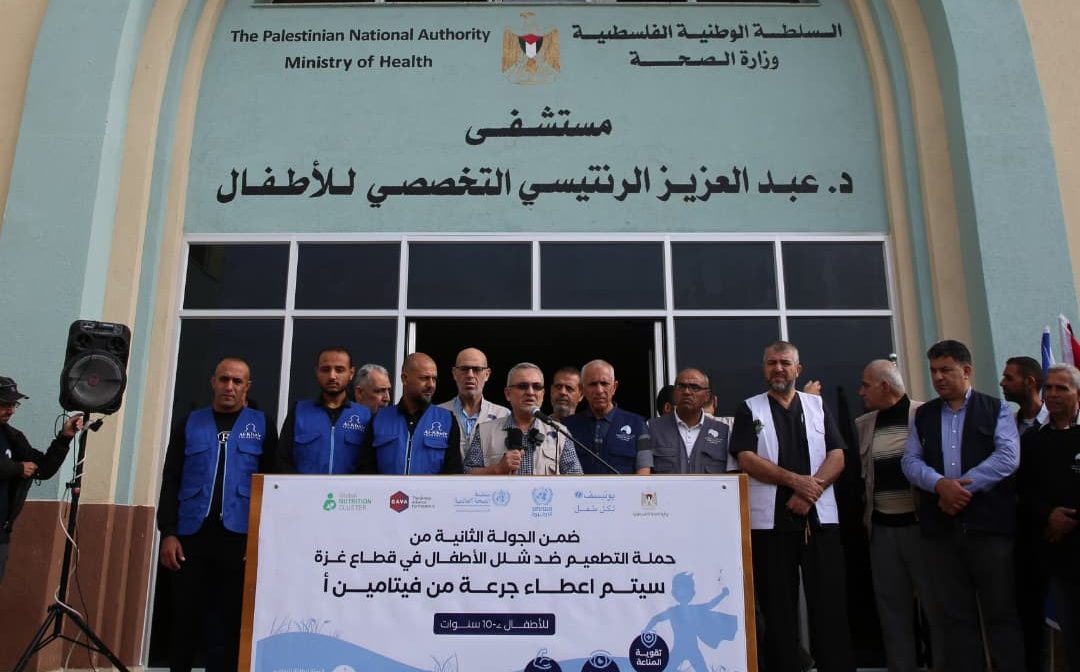This year’s gathering has reflected on the region’s intellectual past and highlighting its contributions to science and scholasticism for the benefit of the Arab world.
The Arab Global Scholars (AGS) Annual Gathering has kicked off in Doha on Sunday, marking the start of three days of seminars and workshops focusing on critical issues, such as artificial intelligence, cybersecurity and environmental health.
Convened by Qatar Foundation (QF), the event was attended by Sheikha Moza bint Nasser, Chairperson of QF, alongside Sheikha Hind bint Hamad Al Thani, Vice Chairperson and CEO of QF.
Ahmad Hasnah, President of Hamad bin Khalifa University (HBKU), stressed the important role of the region’s scholars to continue scholastic efforts and achievements.
“The Arab world was a centre of civilisation awakening – its scholars have contributed to advancement and science,” he said during his opening speech.
“Is it enough to live in the past and forget about the present and the future, and to be proud of what our forefathers have given humanity, and forget about what we [in the present] can give?” Hasnah went on to say.
The HBKU President also lauded Sheikha Moza’s establishment of QF, which founded AGS alongside HBKU. This initiative has significantly advanced Qatar and strengthened Arab civilisation through education and scientific research.
“[Sheikha Moza] believed that Arab minds can establish the renaissance of the ummah (global Arab community),” he added.
Intellectuals call for purpose-driven AI models
The opening session focused on the theme: ‘The Role of Arab Intellectuals in Shaping Contributions to the Arab Renaissance’.
“In these very difficult moments in time, the Arab world is facing continuous challenges, including the genocide against our brothers and sisters in Palestine,” Ahmed Elmagarid, Executive Director at the Qatar Computing Research Institute and Acting Vice President at HBKU, said at the start of the discussion.
He added that the region’s scholarly predecessors, such as Iraqi polymath Al-Khwarizmi (780 – 850 AD) and Persian physician and philosopher Al Razi (865 – 925 AD), utilised scientific endeavours to be of service to humanity.
This was echoed by Dina Katabi, Director at the Massachusetts Institute of Technology’s Wireless Networks and Mobile Computing Center. She called for a shift from artificial intelligence tools being used solely for automation and instead developed to detect electromagnetic waves.
“Through AI, you can see a new world that is linked to health and medicine…through the analysis of these electromagnetic waves,” she said.
Shihab Kuran, Co-founder and CEO of Power Edison, added that the reversal of regional “brain drain” where local talents seek opportunities abroad to be innovative requires creating “the adequate environment for a dignified life… to want to conduct research [and] discoveries [and] build companies”.
For Hilal Lashuel, Executive Director of Research, Development and Innovation at QF, it is especially important for Arab states to drive such efforts, given that the region’s youth will be tasked with establishing the pillars for future development.
This year’s annual gathering will also include workshops on topics including the impacts of climate change on air quality and health and Arab entrepreneurship within the regional and international biotechnology field.


